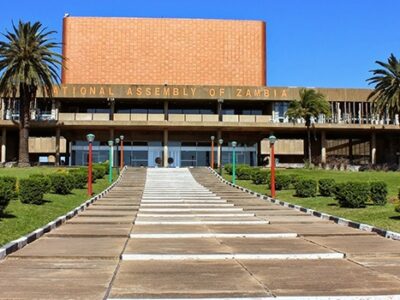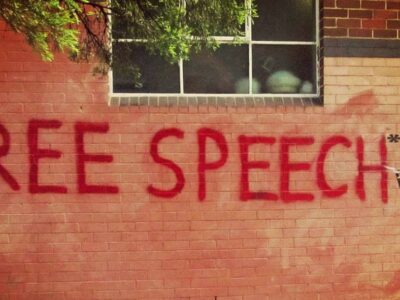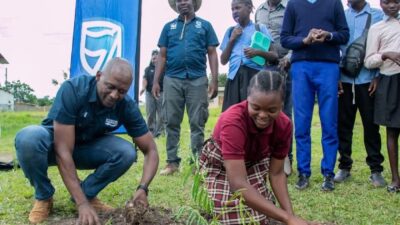Under Article 20(i) of the Zambian Constitution, it is explicitly stated: “Except with his own consent, no person shall be hindered in the enjoyment of his freedom of expression.”
This provision guarantees the freedom to hold opinions, impart ideas and communicate information without interference.
However,in practice, the freedom of the press, though constitutionally enshrined, is often restricted.
Scholars highlight that self-censorship remains prevalent among both media practitioners and the general public, impeding free speech in Zambia.
This issue is particularly evident within public media, despite the constitutional protections in place.
Since gaining independence in 1964, Zambia has seen some improvements, especially following the return to multi-party politics in the 1990s.
However,public media has often been criticized for predominantly presenting government viewpoints while neglecting opposition coverage.
The situation has been partially alleviated by private media outlets that provide critical perspectives on the government.
Yet,challenges persist.
Media outlets perceived as opposition-aligned frequently face arbitrary closures by authorities.
Journalists critical of the government often encounter harassment, equipment damage, frivolous lawsuits, and arrest.
Read more: Between sustained pressure and govt push back over Zambia’s democratic space, by Hannet Mwimbe
International and local organizations have condemned actions such as the closure of Prime Television by the Independent Broadcasting Authority (IBA) in April 2020, viewing it as a violation of freedom of expression.
Although the IBA reinstated the station’s broadcasting license after a change in government, issues with media freedom persist.
Under President Hakainde Hichilema’s administration, while promises were made to uphold freedom of expression and media freedoms, there have been notable regressions.
Since taking office in August 2021, there have been restrictions on freedom of assembly and expression.
For example, the administration has frequently denied permits for political rallies and pressure group pickets.
Those who attempt to hold peaceful protests or use strong language to demand justice often face charges such as disorderly conduct, seditious practices, or are detained for extended periods.
The Public Order Act, which governs the regulation of public meetings, has been used to restrict opposition political meetings and protests.
Despite constitutional guarantees, the police routinely require advance notice for public gatherings and often deny permission for these events. Activists and opposition supporters are frequently arrested under charges of unlawful assembly, even when the law clearly supports their freedoms.
For instance, in May this year, members of the United Kwacha Alliance (UKA), including Jackson Silavwe and Saboi Imboela, were arrested while driving near the site of a canceled rally in Kafue.
Allegations of police brutality, including torture to extract confessions, remain common.
Obister Nyoni, a teacher with a disability from Eastern Province, said in an interview with Zambia Monitor that in a country where silence is equated with contentment and voicing opinions can lead to trouble, defining freedom of expression becomes increasingly challenging.
Nyoni expressed frustration that the concerns of persons with disabilities are often ignored.
There is a pressing need for Zambia to level the playing field by strengthening governance institutions and safeguarding citizens’ rights and freedoms.
A meaningful response to these challenges is essential for ensuring that Zambia’s commitment to free speech and democratic principles is upheld.
WARNING! All rights reserved. This material, and other digital content on this website, may not be reproduced, published, broadcast, rewritten or redistributed in whole or in part without prior express permission from ZAMBIA MONITOR.













Comments